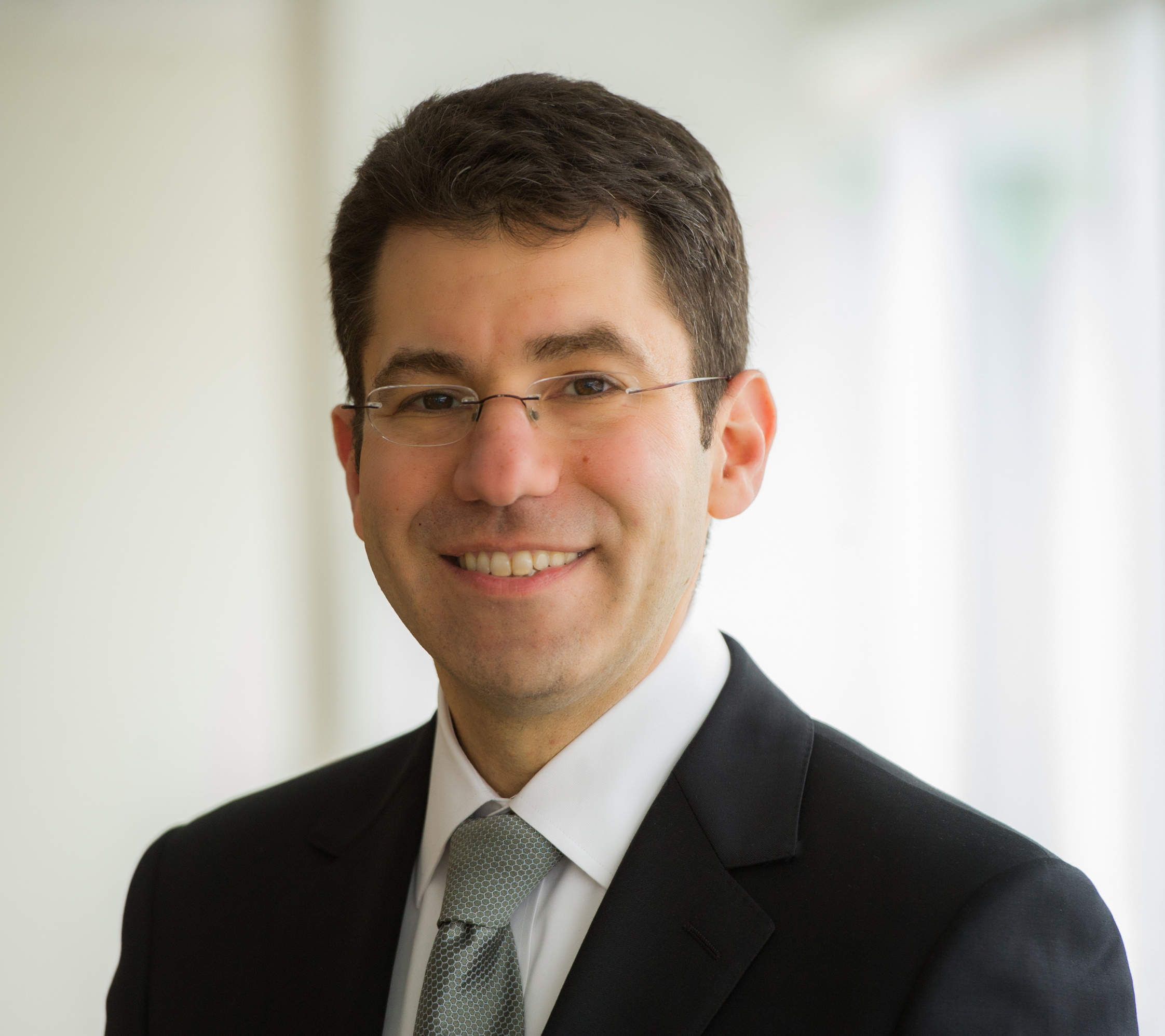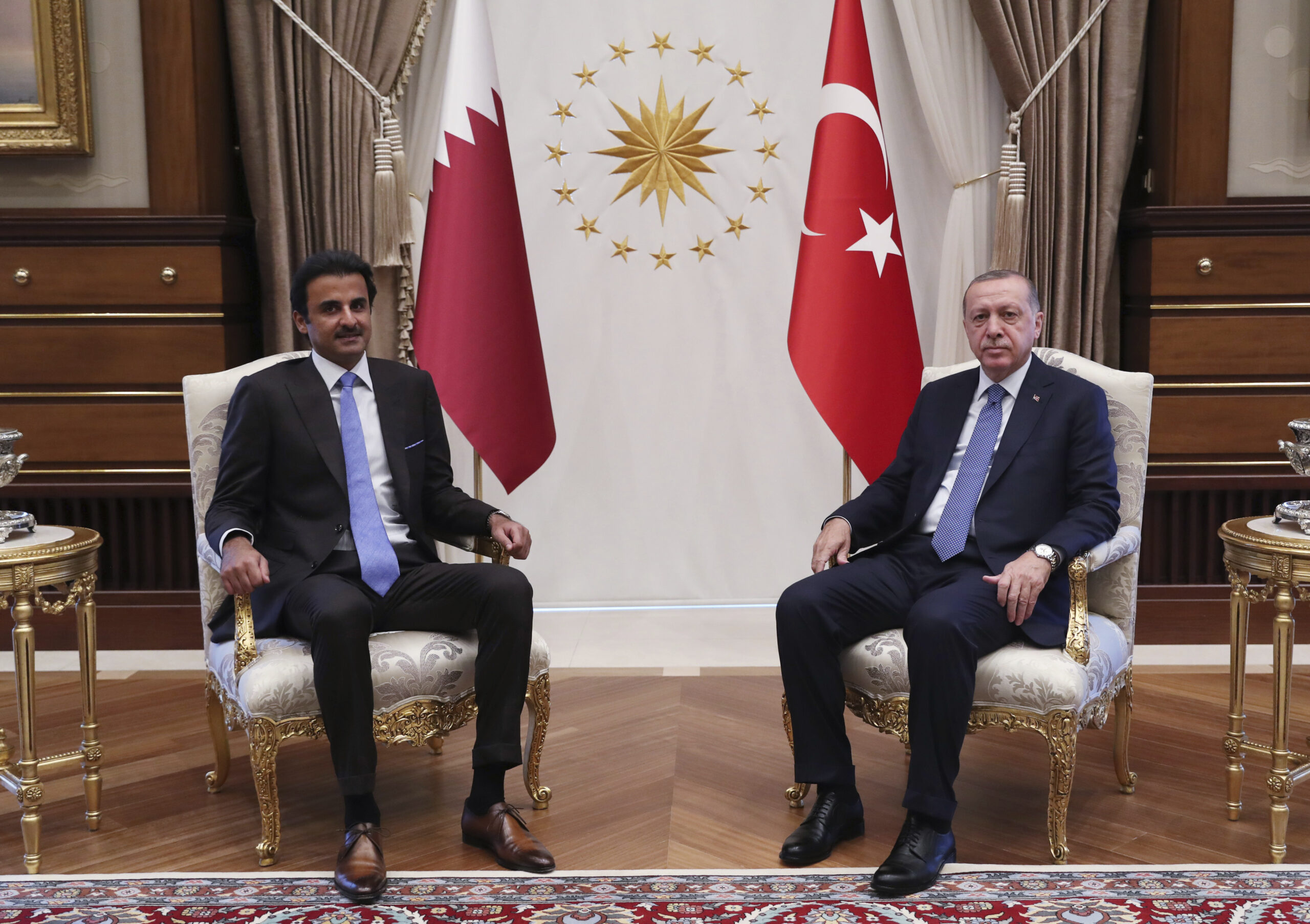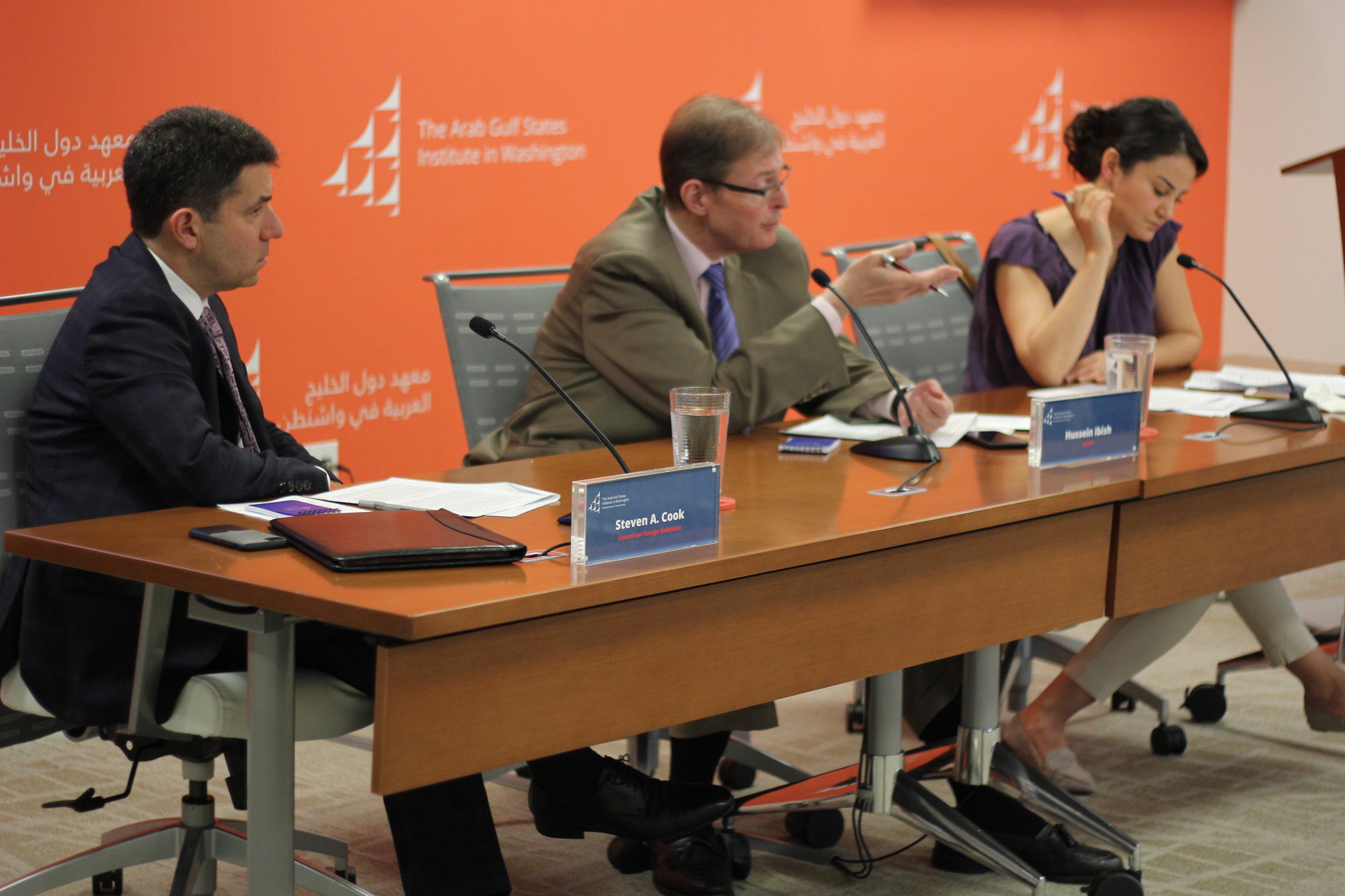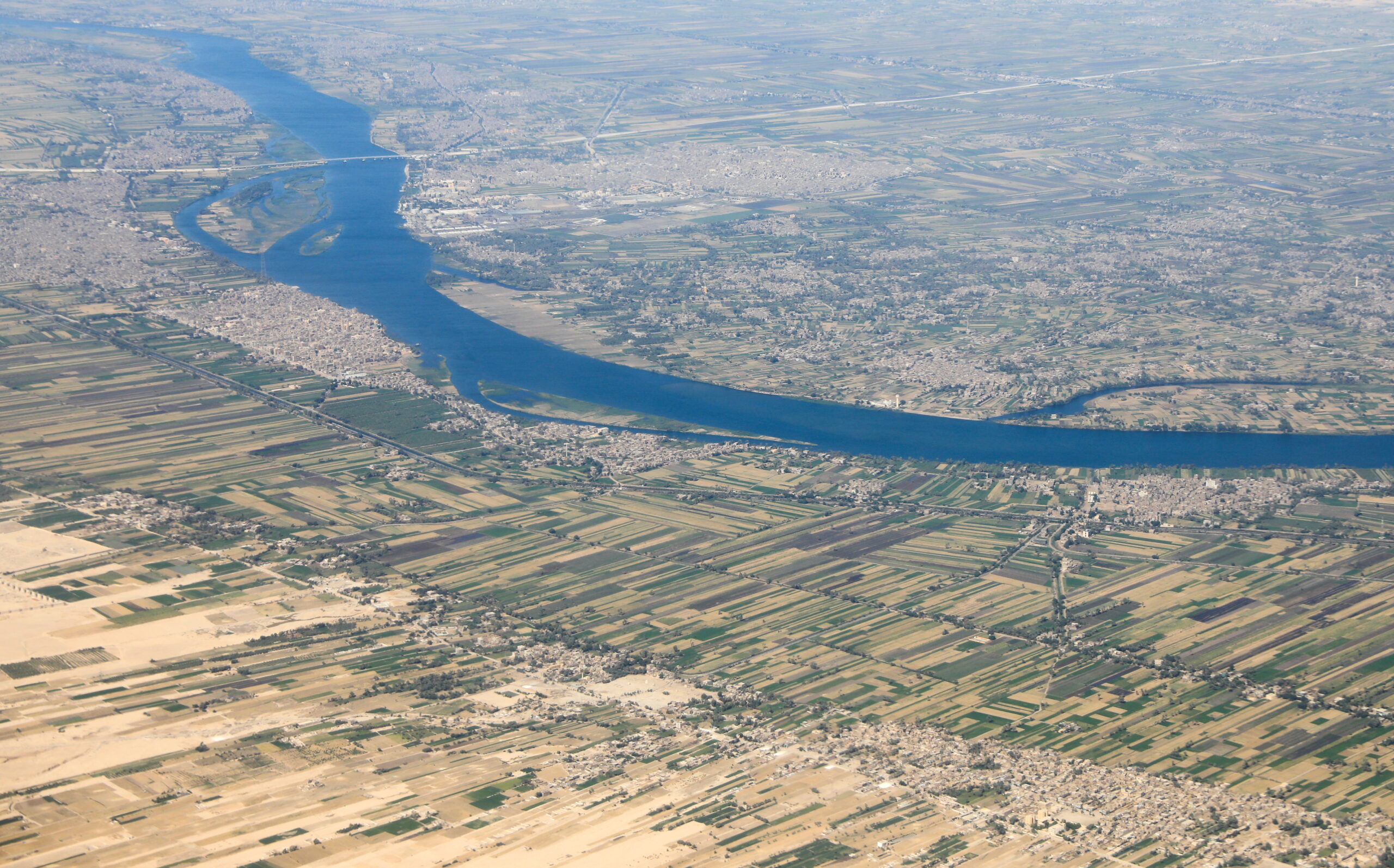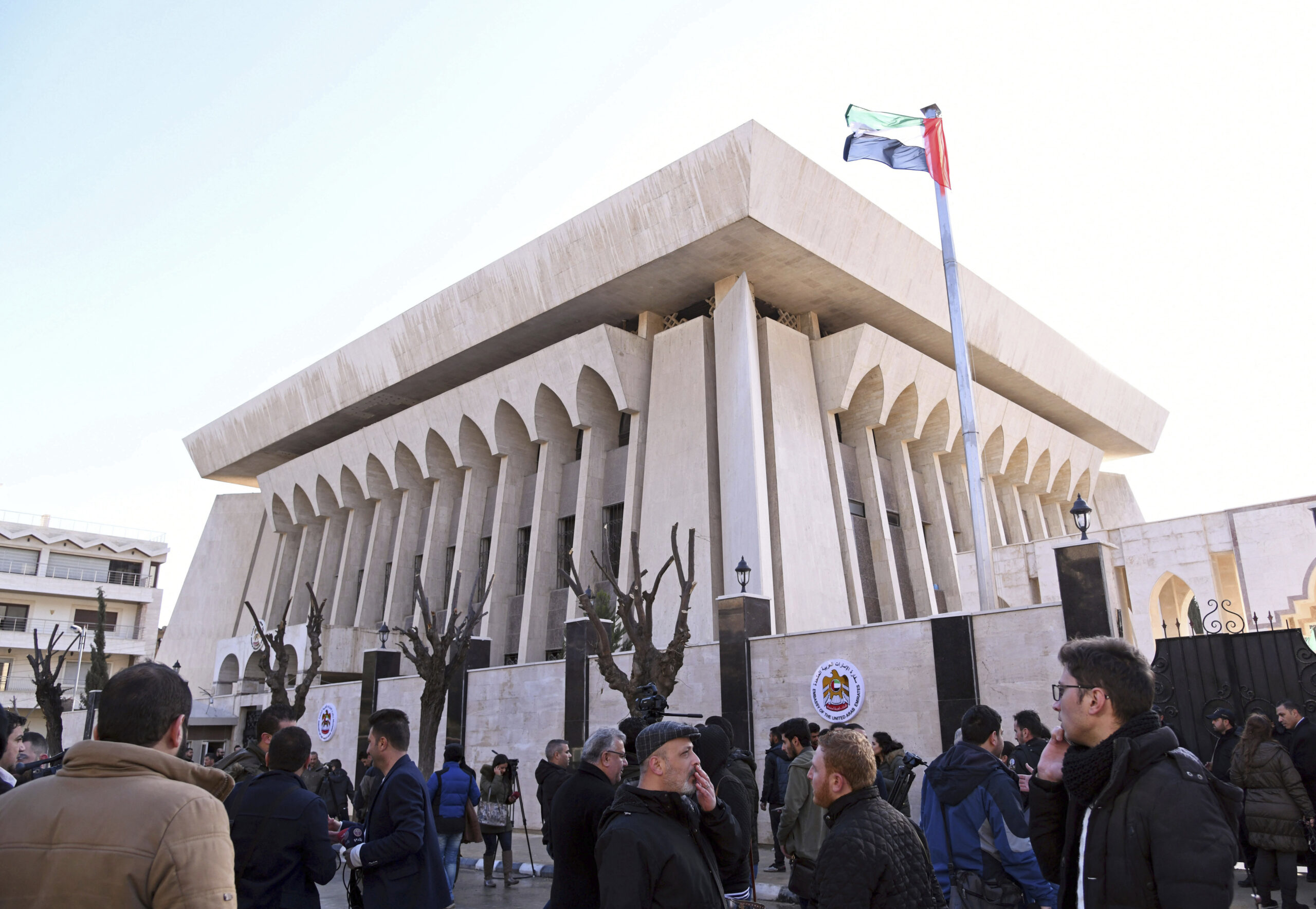Saudi Tourism to Turkey Suffers as Bilateral Tensions Grow
Tensions between Saudi Arabia and Turkey may continue to push Saudi tourists to choose other destinations, adding pressure to an already struggling Turkish economy.
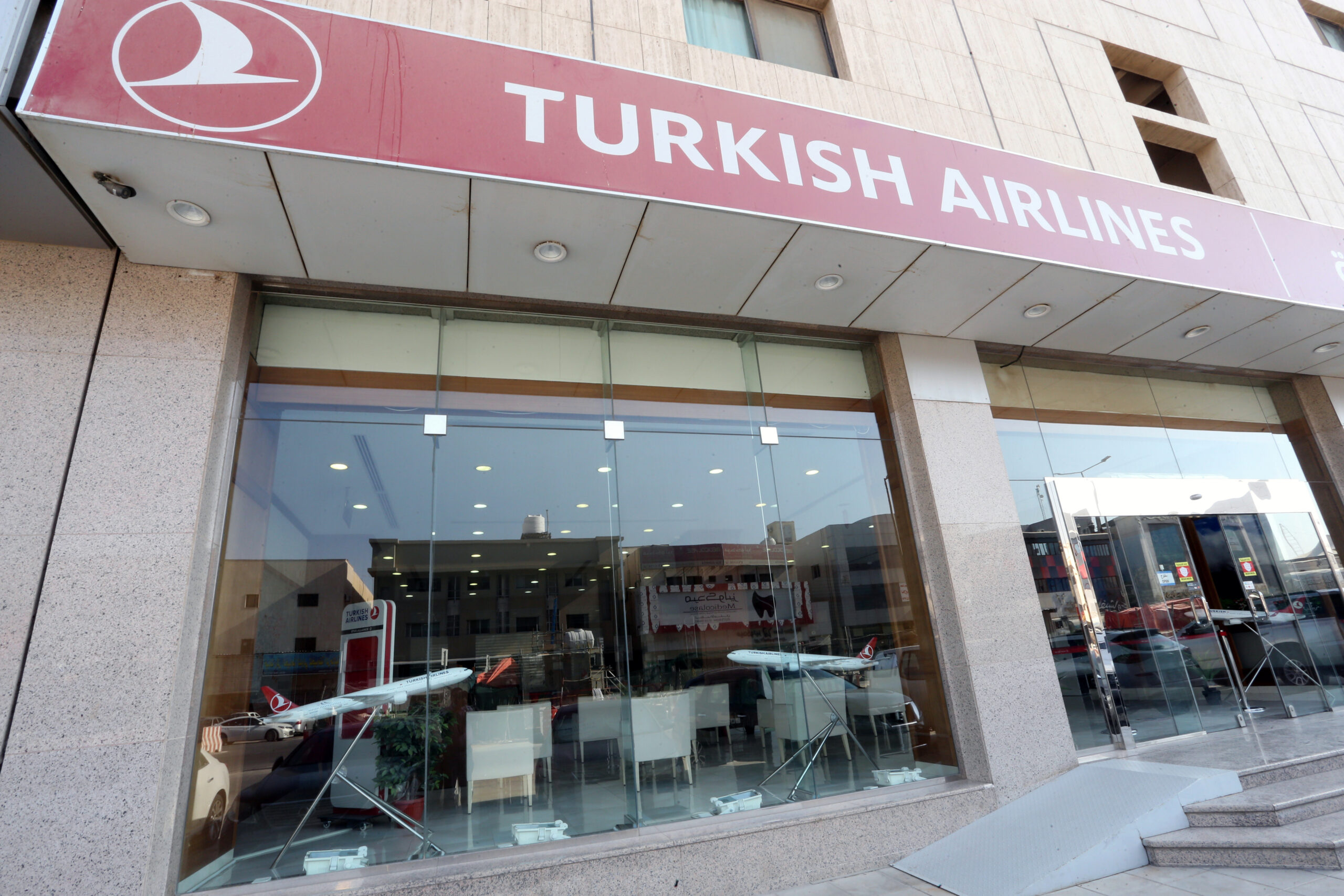
The Turkish tourism sector has boomed over the past decade, with visitors flooding in from all around the world, including the Gulf Arab states, drawn by Turkey’s climate and natural landscapes, proximity to the Gulf region, and infusion of European and Islamic cultures. Saudis particularly have played a significant role in Turkey’s tourist industry as the top Gulf visitors from 2007 to 2019, according to the Turkish Ministry of Culture and Tourism. In 2018, 747,233 Saudis traveled to Turkey, a dramatic increase from the 41,490 who visited in 2007. Yet, in 2019, the number of Saudi tourists dropped to 564,816 as political tensions between Saudi Arabia and Turkey increased. Travel has largely come to a halt due to the coronavirus pandemic, but as conditions begin to improve and tourists return to the skies, this strain in relations may continue to push Saudis to choose other destinations, adding pressure to an already struggling Turkish economy.

The lack of data on Omani tourists by the Turkish government is probably due to the small number of tourists from Oman. Source: Republic of Turkey Ministry of Culture and Tourism
The Arab Spring was a game changer in the relationship between Saudi Arabia and Turkey. The two counties took opposing approaches toward the uprisings that swept the region, with Turkey and Qatar supporting Muslim Brotherhood-affiliated groups, a position anathema to Saudi Arabia and the United Arab Emirates. This sparked a rivalry still being played out across the region. Additionally, when Saudi Arabia, the UAE, Bahrain, and Egypt cut diplomatic ties with Qatar in 2017, Turkey sent economic aid and additional troops to its military base in Qatar. However, the Turkish response to the killing of Saudi journalist Jamal Khashoggi at the kingdom’s consulate in Istanbul in October 2018 was the last straw, and in the ensuing fallout, the number of Saudi visitors to Turkey declined.
Following Khashoggi’s death, Saudi Arabia began to attack Turkey economically, including blocking 80 trucks carrying Turkish goods from entering the kingdom in July 2019. In response, Turkish President Recep Tayyip Erdogan declined to participate in the Organization of Islamic Cooperation’s summit in Mecca in 2019. The Saudi-Turkish relationship has continued to deteriorate with a growing boycott by Saudis against Turkish products. While Saudi authorities say they have not placed restrictions on Turkish goods, the head of Saudi Arabia’s Chamber of Commerce, Ajlan al-Ajlan, called for the boycott early in October.
The Turkish health tourism industry, which includes cosmetic surgeries, has been particularly affected by these tensions. Profits from medical or health tourism are a significant part of Turkey’s tourist industry revenue. Of the 35 million tourists Turkey received in 2014, around 188,095 visited for procedures such as liposuction and hair transplants. In addition, health tourists spend around 10 times more than other tourists in Turkey. In 2016, Turkey’s revenue from this industry was $5.8 billion, according to the International Medical Travel Journal. While Saudis have traveled to Turkey for medical procedures, Saudi publications and professionals have criticized the practice, including in Saudi Arabia’s Fourth Forum of Aesthetic Medicine in February. The Jeddah-based daily newspaper, the Saudi Gazette, has also covered Saudi tourism to Turkey and warned citizens against traveling there due to fear of physical attacks and crime. These cautionary messages usually are accompanied by blunt statements against Turkey’s political stances: “As Turkey continues to pursue hostile policies dictated by its Brotherhood government led by President Recep Tayyip Erdogan, many Saudis are turning their backs on the country and opting for other places as an alternative.”
The negative effects of political turmoil and media attacks on medical tourism in Turkey is confirmed by those on the ground, including Hafez Shekfeh, a Syrian Turkish citizen who was, from 2018 to early 2019, the operations manager of the beauty agency Dayanica, which appealed to Saudi health tourists. In 2018, 85% of Dayanica’s customers were Saudis, with an average of 100 surgeries generating around $150,000 in revenue per month, Shekfeh said. This changed at the end of 2018, as Shekfeh’s company went out of business: “After the death of Khashoggi, Saudi media kept scaring its citizens, and we stopped receiving patients from there. I know a lot of other tourist-related companies that had to close down as well. I started my own company after that, and I now focus on Kuwaiti tourists.”
Meanwhile, Saudi Arabia is working to develop its own tourism industry. The government aims to increase international and domestic visits to 100 million per year by 2030 as part of its Vision 2030 plan. The kingdom has already introduced a new visa system to attract international tourists. In addition, Saudi Arabia launched the Red Sea Development Company, which aims to develop a luxury tourism project across islands of the kingdom’s western coast, including the construction of 16 hotels by 2023. Religious tourism is also a critical part of Saudi tourism. Prior to the coronavirus pandemic, the hajj and umrah pilgrimages contributed 7% of the kingdom’s total gross domestic product and 20% of its non-oil GDP. Saudi Arabia intends to further develop this sector as Vision 2030 aims to boost the county’s non-oil economy by solidifying the relationship between the private sector and religious tourism.
While data on Saudi tourists in 2020 is yet to be published by the Turkish Ministry of Tourism and Culture, the number of Saudi tourists has almost certainly dropped precipitously due to the pandemic. And while Saudi Arabia has announced plans to lift its coronavirus-related travel ban on January 1, 2021, flows of Saudi tourists to Turkey can be expected to decline should political tensions continue to grow.
The views represented herein are the author's or speaker's own and do not necessarily reflect the views of AGSI, its staff, or its board of directors.


